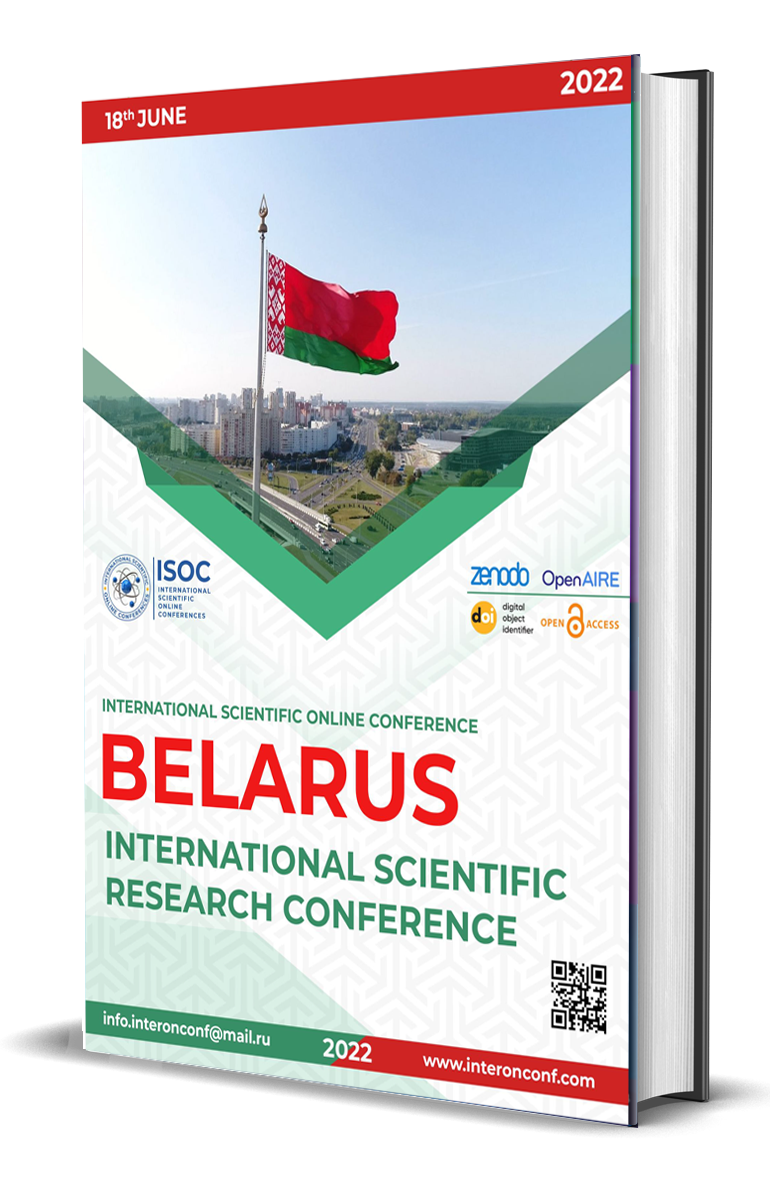CONNOTATIVE ASPECTS OF PHRASEOLOGICAL UNITS
Ключевые слова:
phraseology; word-components; phraseological unit; semantics; connotation.Аннотация
Phraseological units absorb values of the ages in which it lives. The problem of understanding the meaning of a phraseological unit is linked with a possibility of increasing our knowledge about the world diachronically. The authors underline the importance of phraseological studies as it demonstrates the interrelation between the language and the society. The role of phraseological units as specific structures in forming vocabulary and linguacultural competence of students is very significant because they encapsulate a national, country’s cultural outlook. Usage-based theories of language learning suggest that phraseology must be studied as a part of vocabulary. Teaching phraseology is a part of cultural approach in foreign teaching methodology and arranging vocabulary studying though structure of component meaning is linguistic approach. This article begins by establishing a theoretical framework to help find the answer to the question: ‘‘what do the words in a phraseological unit mean?’’. From there, major phraseological concepts on the problem are reviewed. Complex methodology is applied: method of phraseological identification, semantic analysis. Finally, the article concludes with a discussion of four types of wordcomponents in phraseological units: real words; potential words; “former” words; “ghost-words and possible paths for future research.
Библиографические ссылки
Avaliani, Yu.Yu., Emirova, A.M. (1971) On a semantic structure of phraseological units. (pp. 29-34) In Issues of phraseology IV: Papers of the Navoi Samarkand State University. Issue 217.
Alefirenko, N.F (2008). Phraseology and cognitive science in terms of linguistic postmodernism. Belgorod, Belgorod State University.
Amosova, N.N. (2013) Fundamentals of English phraseology. Moscow. Librokom.
Gvozdarev, Yu.A. (1977). Fundamentals of the Russian word formation. Rostov-on-Don.
Hoey, M. (2005). Lexical priming. New York, NY: Routledge
Kunin, A.V. (2005) A course on modern English phraseology. Dubna: Feniks +.
Molotkov, A.I. (1977) Fundamentals of Russian phraseology. Leningrad.
Oniani, A.L. (1970) A fixed unit and a word (based on Kartvelian languages (pp. 134-142.). In Issues on phraseology III. Papers of the Navoi Samarkand State University, New Series. Samarkand. Issue 178.
Raikhshtein, A.D. (1980) A comparative analysis of German and Russian phraseology. Moscow.
Romer, U. (2009). The inseparability of lexis and grammar. Annual Review of Cognitive Linguistics.
Rott, E. Kh. (1972) A word and its relation to a component of a kernel phraseoloheme (on a kernel of phraseology).(pp.123-128) In Issues on phraseology V, part I: Papers of the Navoi Samarkand State University, New Series. Samarkand. Issue 219.
Savitsky, V.M. (1993) English phraseology: problems of modeling. Published by Samara University.
Smirnitsky, A.I. (1956) English phraseology. Moscow.
Stepanova, L.I. (1996)Problems of phraseological semantics. Saint-Petersburg.
Teliya, V.N. (1966) What is phraseology? Moscow: Nauka.
Vinogradov, V.V. (1953) On some issues of Russian historical lexicology. (pp.185-210) In Bulletin of the USSR Academy of Sciences, Language and Literature Sectio. vol. 12, issue 3.Moscow.
Zerkina, N.N.(2011) Explicit and implicit representation of the concept WHITE in English. (pp.405-406) In Cognitive studies of the language. Issue VIII. Problems of linguistic consciousness: Proceedings of the International Scientific Conference held on 15-17 September 2011. 2011. Moscow: Linguistics Institute of the Russian Academy of Sciences; Tambov: Publishing house of Derzhavin Tambov State University,]
Zhukov, V.P. (1978) Semantics of phraseological locutions. Moscow: Prosveshchenie.
Zhukov, A.V. (1984) Phraseological transitivity in the Russian language. Leningrad.
Zhukov, A.V.(1996) Transitive phraseological phenomenon of in the Russian language.Novgorod.





